Improve Patient Experience With Medical Appointment Reminder Apps
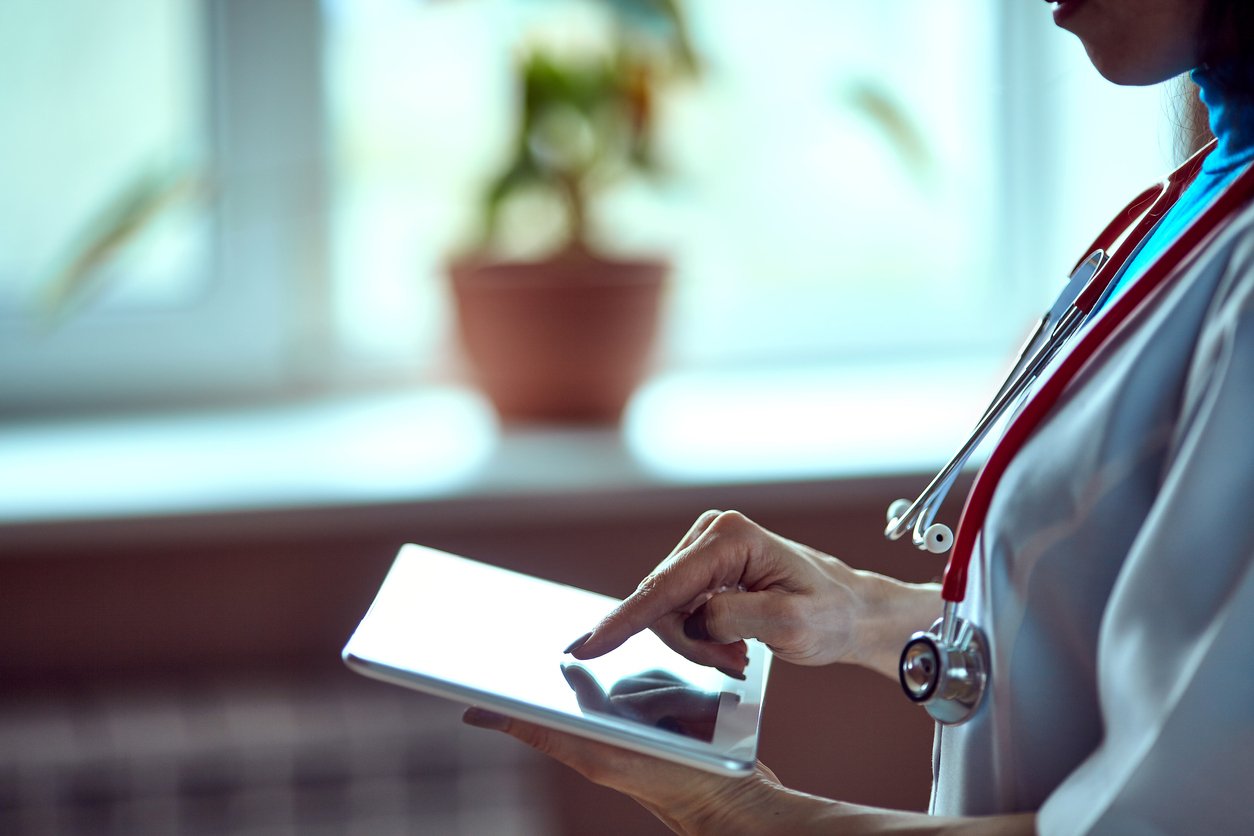
6 Feb 2023
Did you know that more than half (53%) of patients have left a doctor’s appointment after waiting too long?
Emotions can run high even during something as simple as a routine check-up or a brief wellness appointment. That’s why bad waiting experiences are more likely to stress patients out at a health facility.
Patients’ no-showing after their appointments are delayed is just a symptom of a larger problem. The true root issue is prolonged waiting times, inefficient booking experiences, and poor scheduling.
When a patient has forgotten their appointment after a busy day, they’re probably not going to remember to reschedule either. And putting off healthcare isn’t good for anyone, whether you’re a doctor or a patient.
From history to strategy to the modern appointment reminder app, there’s far more to scheduling appointments than meets the eye.
A Brief History of Scheduling Patient Appointments
Nowadays, people receive healthcare services at designated locations like hospitals, blood banks, hospices, and more. This is actually a relatively new development in the history of medicine.
Doctors have been visiting patients for medical consultations since the position first existed. In 1930, 40% of physician-patient interactions were due to house calls. But the popularity of large, sophisticated equipment and more specialized medicine led to a sharp decline, to the point where by 1980 only 0.6% of medical exchanges happened in a patient’s home.
The decline of house calls transformed how patient appointments work. In the past, you summoned a doctor to your home to care for you in a familiar environment. There was no sense you had to prepare for your appointment since the doctors were clearly tending to your needs where you were comfortable.
Now you call ahead to make an appointment, show up in a designated location, and receive your medical care there. It’s both impersonal and intimate, which can make patients feel a little too vulnerable. No wonder people aren’t keen to keep their appointments.
Designing a more human approach to scheduling appointments can go a long way toward making patients feel more comfortable and minimizing the number of no-shows at your health facility.
Why And How Patients Should Get to Book Their Own Appointments
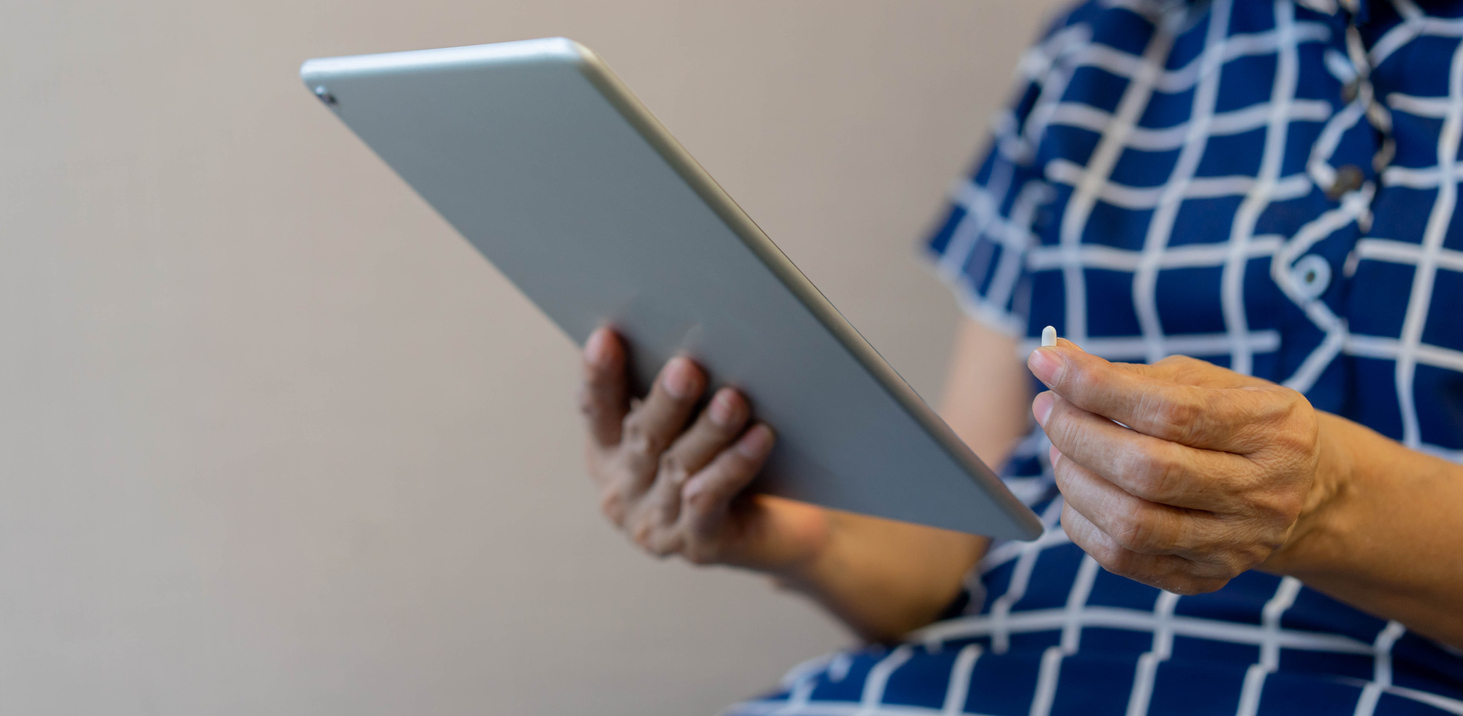
Getting on the phone to schedule a private medical appointment isn’t exactly how anyone wants to spend their break time at work or downtime from chores. But that’s the reality of how most people have to make time to schedule appointments.
Showing up to an appointment is hard enough. Why make it difficult to schedule one as well? 80% of patients are willing to switch providers just for convenience’s sake, even above coverage or quality of care. The easier it is for patients to book time with any given health facility, the more likely they are going to want to go back again.
Letting patients book their own appointments directly through an online portal or app allows them to plan a healthcare visit anytime, anywhere with minimal discomfort.
There’s no need to whisper classified personal health details, or awkwardly read your credit card information over the phone. Simply go to the website, fill in a form through a secure portal, and then submit to complete the online booking.
Of course, not just every schedule reminder app will do. Yours should include these basic functions:
- Online scheduling
- SMS/email updates
- Patient satisfaction surveys
- Real-time calendar display
- Data reporting/tracking
- Time zone auto-adjustment
- Client information forms
- Online payment acceptance
- Brand customization
If you’re going to invest in an appointment booking solution, you need to make sure it has everything you need to make your patients’ scheduling experience seamless. Schedule reminder apps have so much potential for improving your booking, you have every right to be picky until you’ve found the right one.
8 Benefits of Appointment Reminder App for Health Facilities
A good schedule reminder app has all your bases covered. It won’t just improve the patient’s experience; it’ll also help your employees to do their jobs better and faster. Here are eight benefits of using appointment reminder apps at your healthcare location.
- Save Employee’s Time
- Easy Booking and Cancellation
- Reminders Keep You Top of Mind
- Keep Healthcare Providers in the Loop
- Available Anytime, Anywhere
- Performance Metrics
- Confidentiality Stays Secure
- Consistent Professionalism
Benefit 1: Save Employee’s Time

Front desk employees at medical facilities are seriously busy. They’re taking calls, fielding on-site inquiries, trying to keep everything organized, and connecting patients with healthcare providers that can solve their problems. The last thing they need is to spend more time scheduling appointments.
Automated reminders mean your employees don’t have to waste time on no-shows. No matter how much time they spend on the phone with a patient, there’s no guarantee that the patient will show up. When you delegate the duty of scheduling to an app, employees save all that time on the phone to spend with patients who are right in front of them.
You might be hesitant about spending on an appointment scheduling solution when you already have people to do that job. Of course, pricing is definitely a consideration for appointment reminder apps. But at the end of the day, saving hours each day of employee time is worth more than what you’re paying.
In fact, an appointment reminder app won’t just save them time penning appointments. It’ll increase satisfaction among patients with the care they’re given at a healthcare center. Customer service supplemented with a scheduling solution is just plain better.
| Manual Scheduling | Appointment Reminder App | |
| Automated Client Information Forms | ✕ | ✓ |
| Online Payment Processing | ✕ | ✓ |
| Real-Time Data Tracking | ✕ | ✓ |
| Appointment Reminders | ✕ | ✓ |
| Employee Burnout | ✓ | ✕ |
Spending all day on the phone will burn anyone out. With an appointment reminder app, neither your customer nor your employees have to worry about that.
Benefit 2: Easy Booking and Cancellation
Imagine this from a patient’s point of view: after putting it off for so long, you’ve finally made the time and called in to book an appointment at your local health facility. Everything is going well. You open your scheduler to write down the date, and…you realize you have a conflict.
Now what?
With traditional scheduling, your patient needs to pick up the phone again to cancel their appointment. It’s another headache for someone who’s already busy enough.
Chances are, you’ve got a no-show on your hands. Plus, your patient won’t remember to schedule a follow-up, so it’ll be another six months before you see them again.
With an appointment reminder app, your patient doesn’t have to pick up the phone or talk to anyone. All they need to do is visit the email or text confirmation and follow the instructions to cancel within seconds.
When booking and cancellations take up such little time on their calendar, your patients are going to be far more willing to actually spend their time receiving care at your health facility.
Benefit 3: Reminders Keep You Top of Mind

While writing down appointments in a planner might work, it’s not the most solid guarantee your patients will remember to show up.
The total cost of missed healthcare appointments in the United States is $150 billion every year. No-shows affect smaller healthcare providers even more, leading to wasted time, lost revenue, and a lack of follow-up between doctors and patients.
Most patients don’t have a planner or keep a calendar. Do you know what almost every patient does have?
A phone.
Jotting down a note somewhere for “Doctor’s Appointment” isn’t nearly as effective as pushing notifications directly to a patient’s phone. People check their phones every day. If you can remind them the morning of their appointment, it’ll be top of mind for the rest of the day until they make it to the doctor’s office.
What are the best ways to keep patients notified of their upcoming appointment?
- Email. Email confirmations are easier to bookmark and less likely to get lost in the mix. Best for sending people longer-form information about appointments.
- SMS/Text. Higher open rate, although some patients may find this intrusive. Best for morning-of reminders for appointments.
- Push App Notifications. If your scheduling tool requires an app download, patients may receive app notifications. These are easy to push out but might not be opened as much.
Appointment reminder apps keep patients on track. Delivering gentle but firm reminders of appointments minimizes the no-show rate and motivates people to receive the healthcare they need.
Benefit 4: Keep Healthcare Providers in the Loop

Oftentimes, traditional scheduling happens between front desk personnel and patients.
Healthcare providers are left out of the equation, even when they’re the ones who should be receiving information about the patients. Integrating an appointment reminder app isn’t just for clients and customer service employees: it’s an essential way for healthcare providers to stay in touch with their patients.
Surveys or note functions may help them collect information from patients and prior carers, such as:
- Chronic health conditions
- Prescribed medications
- Recent lab results (blood, urine, radiology imaging, etc.)
- Clinical notes
Even if it’s for something as simple as doing blood work, knowing this helps healthcare providers navigate patient care with more nuance, delivering personalized attention to patients that will encourage them to come back in the future.
Receiving medical treatment should never be intimidating. When healthcare professionals start out well-prepared, patients are more likely to trust them as well, leading to a better health outcome.
Benefit 5: Available Anytime, Anywhere
There’s a stereotype that nowadays, everyone is impatient. While this isn’t always true, people certainly have grown accustomed to instant access to all the information in the world at their fingertips. They want solutions that are available through whatever device or browser they choose to access them through.
A schedule reminder app satisfies the need for constant availability. Whether your patients are on their phones, laptops, tablets, whatever browser they’re on, they want to be able to visit your site and book an appointment, then and there. Any kind of customer friction might result in a portion of your prospective patients abandoning your site.
However you like to do business, online booking is easy to integrate. Find the right app and your customers will relish being able to schedule an appointment at the tap of their finger. Meet them where they’re most comfortable and they’ll be far more willing to stay with you.
Here are four aspects of accessibility you should be thinking about:
- Browsers. Test your app of choice out on different browsers to make sure it’s working across each one.
- Devices. Patients might visit you from any device. Your solution needs to adjust according to how it’s being accessed.
- Social media. Have a Facebook or Instagram profile? Chances are, someone will find out about you through one of these platforms. Make sure it’s easy to figure out how to pay you a visit.
- Calendar integration. Your patient has calendars built into their phones, laptops, tablets. Let them add your appointments to their calendars with a single click to keep them showing up.
The most ideal platform is one where you can manage multiple kinds of access through a single interface. Keep everything simple, for you and your patients. A great example is Skiplino Appointments: they offer appointment booking, management, same-day reminders, and customer service feedback all in one platform.
Benefit 6: Performance Metrics
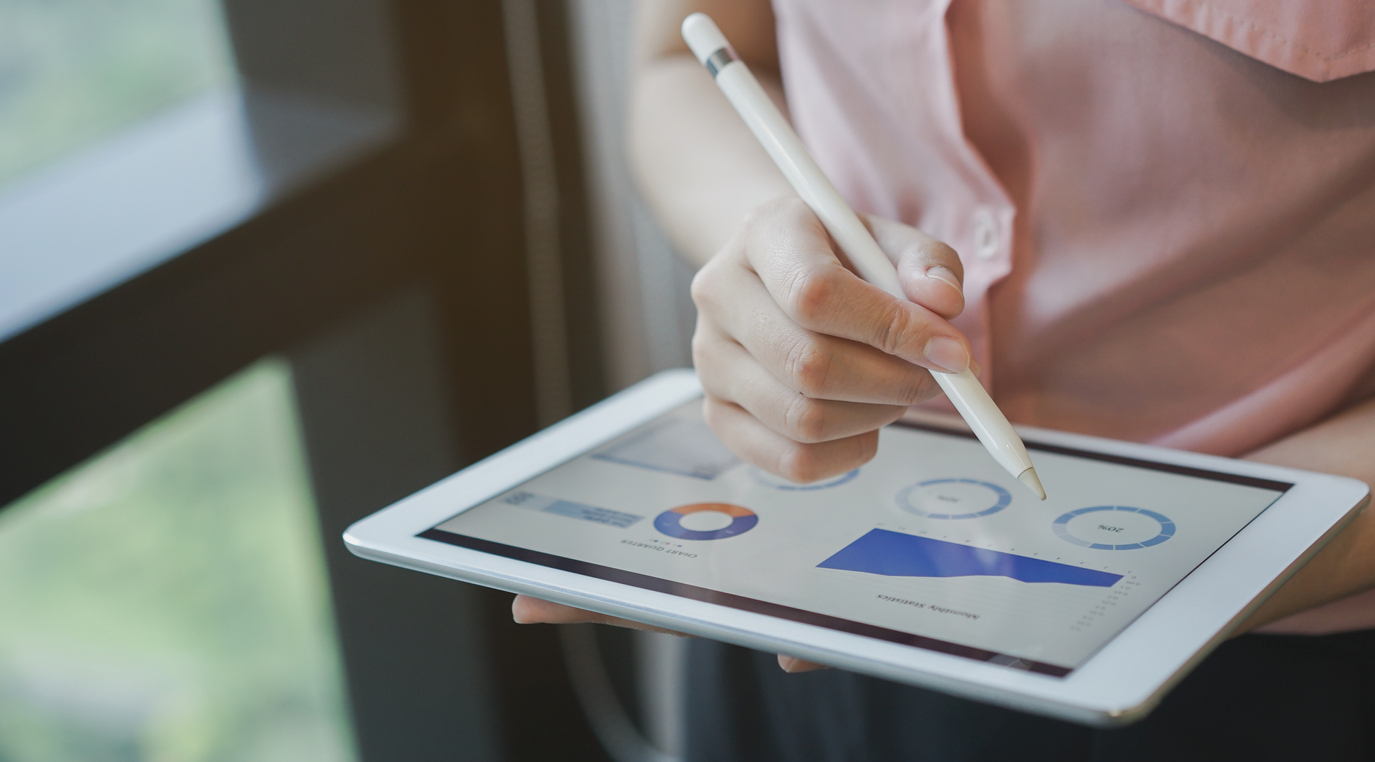
Do you know how well your team is doing?
No matter how much faith you have in your own judgement, self-assessing performance doesn’t give you much insight into how your business is doing and how to improve.
The only way to do that is by tracking actionable metrics. Deciding what kind of data you’re going to stay aware of and how you’re going to do that is how you can actually improve.
Appointment scheduling solutions have built-in reporting so you can track important customer metrics. Categories to pay attention to include:
- Duration of wait
- No-show rate
- Website access: Platform, device, bounce rate
- Customer satisfaction
- Employee performance
Compiling data over time produces a comprehensive view of your team’s performance, your visitors, and what they favor. An automated review process also means your customer service can focus on doing their best in the minute and reflect on their performance after-the-fact. You’re free to compare employees, performance over a given time period, and customer behavior or responses.
A good appointment reminder app should include queue management functionalities to streamline the waiting experience for patients.
Benefit 7: Confidentiality Stays Secure
Privacy of data is a big concern these days. Nobody wants their personal information leaked, especially not sensitive medical details.
Sharing medical information over the phone feels risky. There’s the possibility that someone else overheard, or that the connection isn’t secure. Even worse is forcing patients to pay for medical services over the phone when they’re concerned about financial transactions revealing credit card information and more to malicious third parties.
37% of consumers have abandoned a transaction halfway through due to concerns about security. Your patients need to trust you enough to give you access to their information, so you need to put effort into guarding it with a secure solution.
With a secure online portal locked behind data encryption, patients no longer have to worry about keeping their confidential data safe. They fill out information forms from the safety of their home, and their healthcare provider has everything on file by the time they pay their visit.
Submitting their information to a streamlined system will put your patients at ease. When done right, scheduling solutions should provide them with peace of mind that you care about both their physical and mental wellbeing.
Benefit 8: Consistent Professionalism
Communication matters on all fronts. Checking in with patients before and after appointments isn’t feasible with a more traditional appointment scheduling system. In addition, maintaining a consistent voice throughout each communication with your patients isn’t easy when you’re managing a whole team of personnel.
With a schedule reminder app, however, you can:
- Create automated messages prior to and after appointments
- Directly contact patients through a secure messaging portal
- Send broadcasts with seasonal health tips
- Manage cancellations
What’s more, most good appointment reminder apps allow you to customize your layout with brand logos, colors, and more to represent your branding. Just focusing on the design aspects in branding can improve your business by 200%, as it demonstrates a level of professionalism and consistency that patients will assume extends to your service.
Health facilities carry an additional burden compared to other businesses. They not only have to maintain the guise of professionalism but also be there for patients in times of extreme pressure with a soothing, authoritative presence. Representing yourself well can convince patients to take you seriously and open up to receiving the care they need.
Great schedule reminder apps are leagues ahead of traditional scheduling services. You can see the difference laid out here:
| Traditional Scheduling | Appointment Reminder App | |
| Time-Efficient for Employees | No; can take 20 min+ | Yes; 0 time spent |
| Booking and Cancellation | Can take 30 min+ | 5 minutes at most |
| Reminders | Require manual calls | Automatic |
| Communication | Phone call | Instant Messaging, Email, Text |
| Performance Tracking | No | Yes |
| Confidential | Maybe | Yes (some with data encryption) |
| Platform | Phone call | Any browser, any device |
| Consistent branding | No | Yes |
Conclusion

At the end of the day, an appointment reminder app is about more than improving your patient’s appointment experience. It’s about delivering the best care possible to people in need, giving them an environment to feel truly safe in.
Interested in a scheduling assistant with smarter queueing functionality? Try out a 7-day free trial of Skiplino here.
Latest
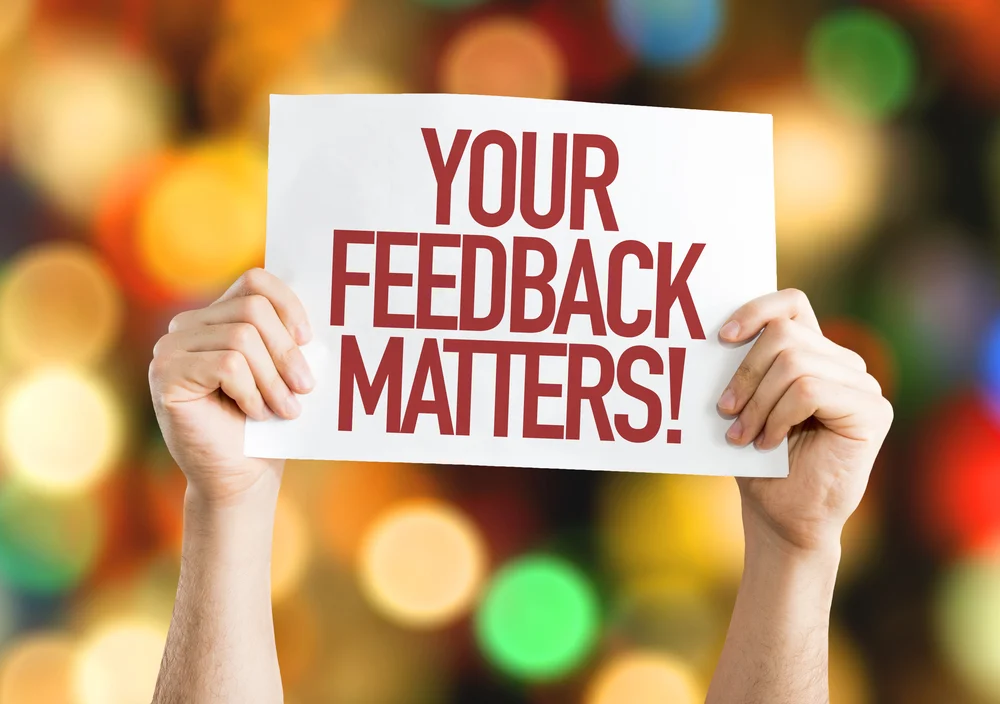


Similar Reads
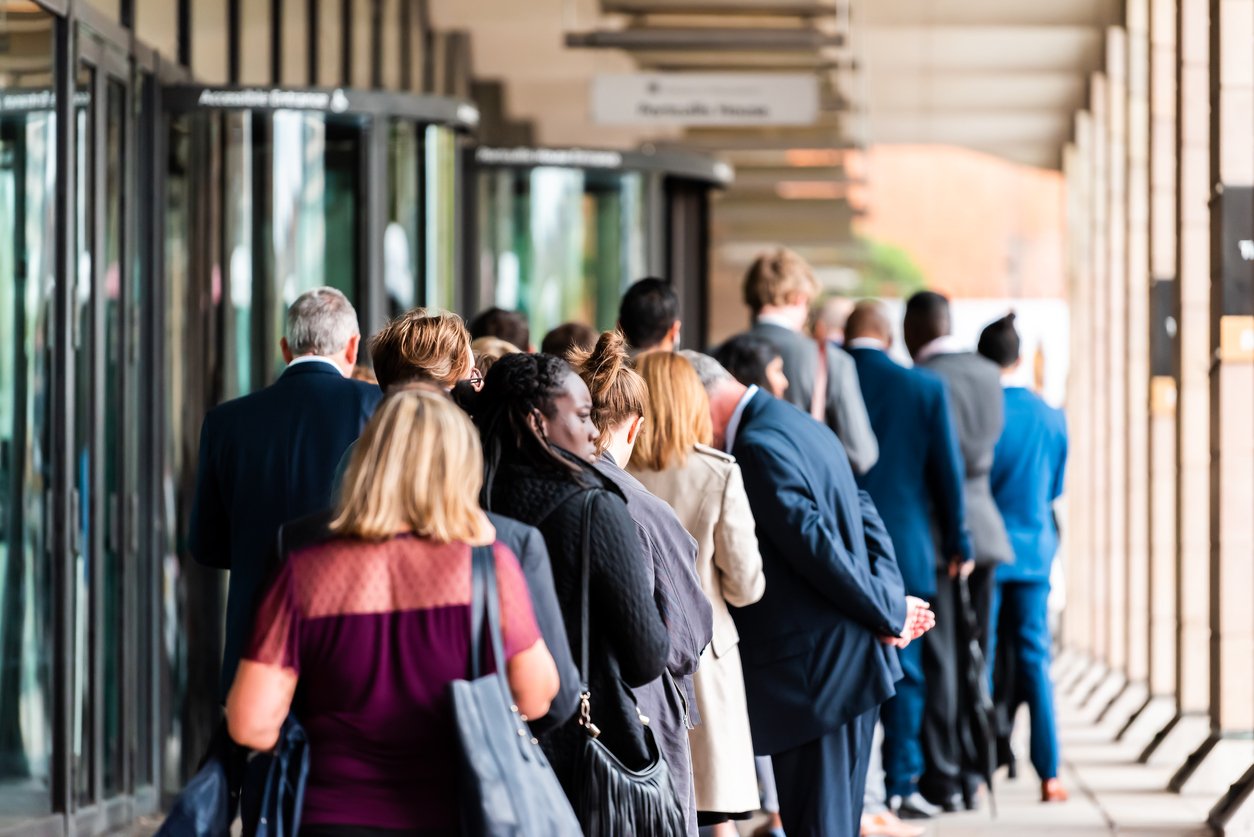

All Rights Reserved @2026 Skiplino Technologies WLL.




